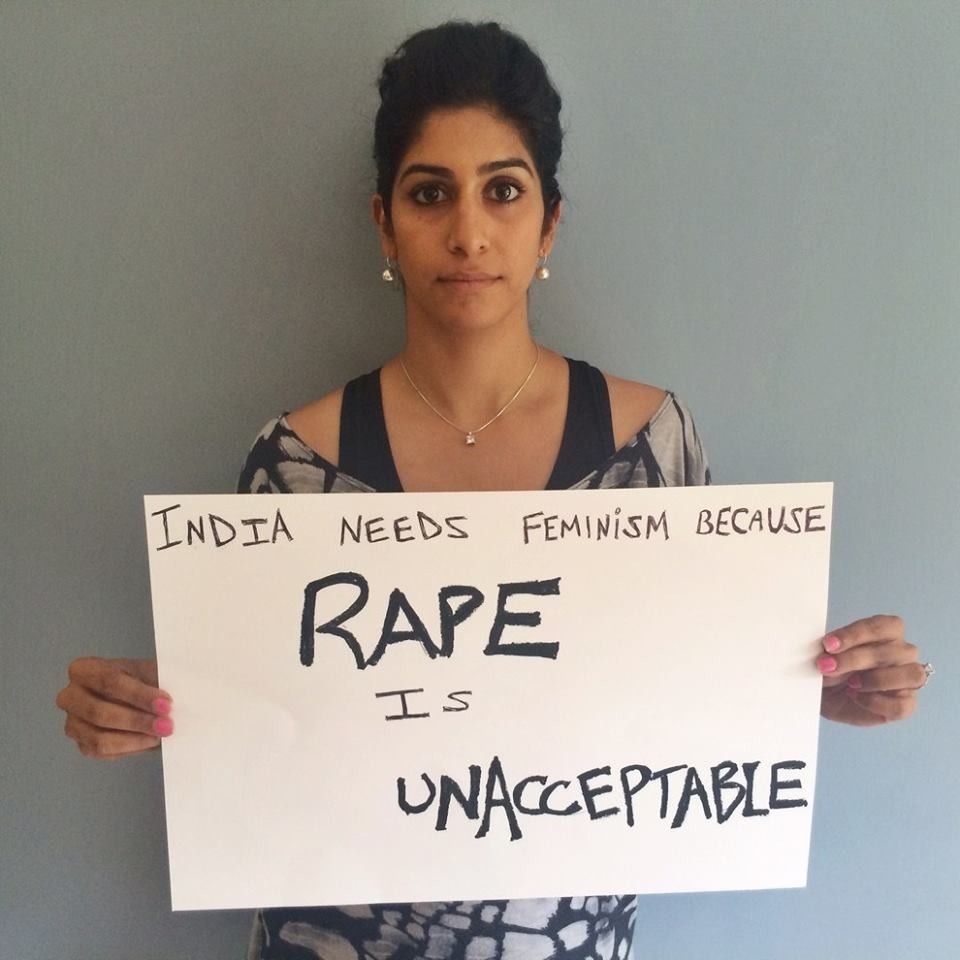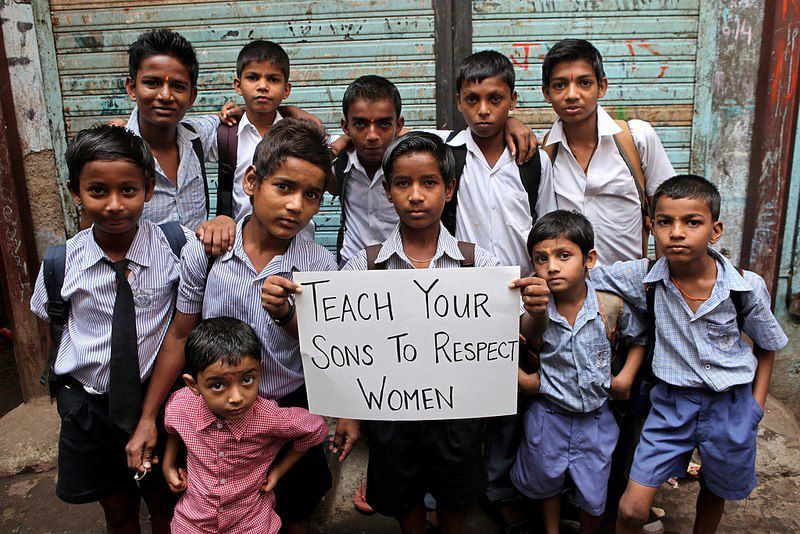The Rohtak Sisters: Why India Needs Feminism

For a country that worships a multitude of female goddesses, India has a despicable record in terms of gender equality and crimes against women. Since the much publicized protests following the 2012 Delhi gang rape provoked public dialogue on sexual violence, the Indian government has taken several steps to ensure greater legal protections for women. For instance, the Criminal Law Ordinance was passed in 2013 to strengthen law enforcement against sexual offenses, and several fast-track courts were established to hear sex crimes. In 2014, India was ranked 114th on the World Economic Forum's Global Gender Gap Report. It's clear that rape and sexual assault still run rampant in the country, especially in rural parts.
The prevalence of sexual violence in India is often presented by the media as a regional issue, when it needs to be looked at as a universal problem. In fact, more rapes are reported annually in the United States than in India. 24,206 rapes were reported in India in 2011, whereas, 83,425 rapes were reported in the United States the same year. One could argue that a greater proportion of rapes go unreported in India, but these numbers prove that rape is an international problem. What India actually struggles with are gender inequality and the lack of women's safety.
The Uber rape case in Delhi was the most recent reminder of the vulnerability of Indian women. Many in the mainstream Indian media and on social networks like Twitter expressed their outrage over the fact that women are not even protected from assault in a service advertised as "New Delhi's best way to request a safe, reliable, and affordable ride." In response, the Indian capital banned Uber. Victimizing Uber, however, fails to address the real problem. Uber, or any other such service, is not removed from the wider society that it is part of. Placing the blame on Uber distracts from the larger reality that women in India feel unsafe when trying to go about their daily business. Simply being a woman in India means living life under the constant fear of being sexually assaulted.

Indian women are constantly subject to sexual harassment, which is often referred to in mass media and popular culture by the euphemism "eve-teasing." This often takes the form of verbal and physical sexual abuse in public places. To make matters worse, this culture of catcalling and stalking is normalized in Bollywood depictions of romantic encounters. The prevalence of eve-teasing, a term that women's rights activists take offense to, is a grave source of torment for women in India. For example, on August 25th of this year, Madhu and Nikita, two sisters from Rohtak committed suicide from fear of public humiliation and bringing shame upon their families after being eve-teased.
In a short film titled "That Day After Everyday" (2013), maverick Indian film director Anurag Kashyap explored the subject of sexual harassment in India. In an entertaining instance of cinematic feminism, the film showcases its female protagonist mercilessly thrashing her harassers. This fictional tale recently manifested itself in real life through a different pair of sisters from Rohtak. In a video that went viral on social media sites, the Rohtak Sisters are shown lashing out at their harassers with a belt. Just like in Kashyap's film, none of the bystanders come to the aid of the sisters as they are being attacked.
In an interesting scheme of events, however, many have come forth since the popularization of the Rohtak Sisters in the mainstream media to claim that the video is actually misleading. These accounts portray the sisters as the perpetrators rather than the victims. Another video has also surfaced of the sisters quarreling with a different group of alleged harasses, further legitimizing the accusations that they are the bullies. In light of these events, the Haryana government has put on hold an award that had been announced in the name of the sisters.
Whatever the case may be, the Rohtak Sisters overpowering their male counterparts is a truly empowering feminist sight that is rarely seen in an acutely patriarchal country such as India. They symbolize the need to fight back in a country that has failed to protect its women.
Reach Staff Reporter Adi Radia here, and follow him on Twitter here.



